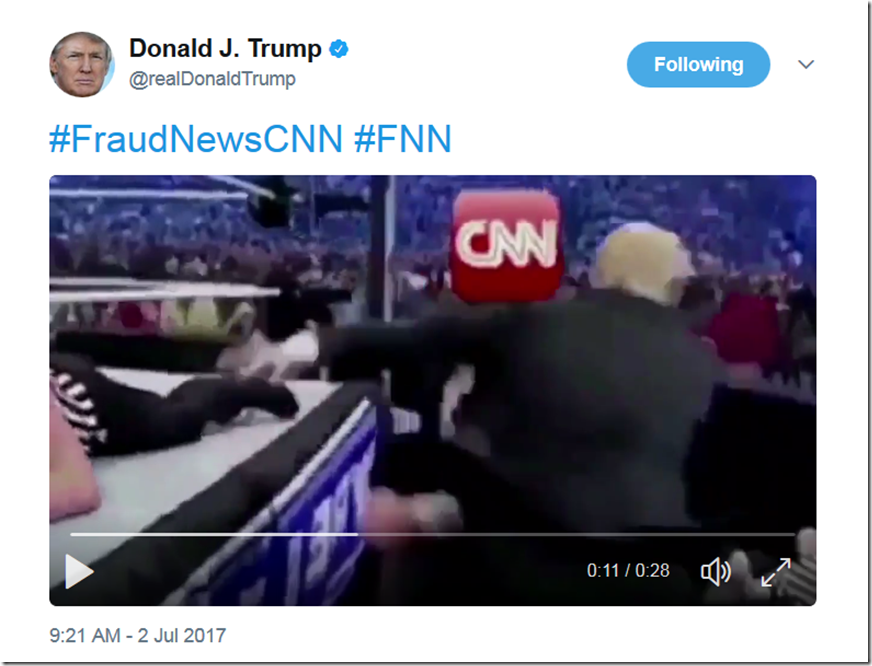Will American Idol Reverse Its "White Guy" PR Problem?
If you’re a woman trying to win this season’s American Idol (season 12 debuts on Fox tonight), I have bad news for you. The past five years suggest it’s not going to happen. If you’re a man—but African American, Hispanic, or Asian—same goes for you. The program’s recent history suggests you’re going to lose.
That’s good news for adorable, guitar-strumming white guys, who get a bonus point if they have just a touch of non-threatening facial stubble.
The past five seasons of American Idol have each rendered a predictable winner—but not necessarily the most talented or marketable singer. And that creates a problem for Idol’s producers, who are trying to keep the flagging franchise propped up for at least another season.
Here’s the succession of white guy winners and their sales history since winning the show:
Season 7: David Cook: His debut album sold more than 1.5 million copies. But his 2011 follow-up sold just 130,000 and failed to produce a hit.
Season 8: Kris Allen: His sophomore album, released in May 2012, sold just 23,000 copies.
Season 9: Lee DeWyze: His debut album sold just 149,000 copies and failed to produce a hit.
Season 10: Scotty McCreery: McCreery’s first album, Clear as Day, has sold 1.1 million copies—a relative success, but still less than David Cook’s debut album.
Season 11: Philip Phillips: Phillips’s album has sold more than 300,000 copies since its November debut. He also had a huge hit single, “Home,” which sold more than 2.9 million copies and hit the top ten. Phillips, along with McCreery, appears to be best positioned for long-term success.
Idol’s ratings are dropping fast—last year’s finale was its lowest-rated ever. Yes, the show is facing new competition from other popular singing shows, but I can’t help thinking that Idol is suffering from its predictability. Reality shows missing a sense of “anything can happen” are simply less interesting to watch.

The 2013 judging panel: Mariah Carey, Keith Urban, Nikki Minaj, and Randy Jackson. Host Ryan Seacrest in background.
Last May, I offered producers the following three tips to shake things up:
1. Change The Voting Formula: I suspect that as the show has aged, it’s viewing demographic has narrowed. (As an example, I almost never see the 2,200+ people I follow on Twitter discussing results). Idol can use the same voting formula that The Voice uses; the public gets a 50 percent share of the vote, and the judges get another 50 percent.
2. The Judges Can…Well, Judge: The judges – Randy Jackson, Jennifer Lopez, and Steven Tyler – are nice. Too nice. By complimenting even mediocre performances and pairing critical feedback with undeserved praise, the viewing audience isn’t able to use the judge’s reactions as a voting guide. They should offer unsparing feedback, audience boos and hurt feelings be damned. (Note: this year’s judging panel has three new arrivals: Mariah Carey, Keith Urban, and Nikki Minaj. Randy Jackson remains.)
3. More Jimmy Iovine, Please: Idol mentor Jimmy Iovine is a legendary music producer who has worked with Bruce Springsteen, Tom Petty and U2. He tells contestants exactly what he thinks. The problem? Idol doesn’t air his comments until after the voting concludes. They should air his comments before the voting begins so he can help influence voters.
[poll id=”27″]


